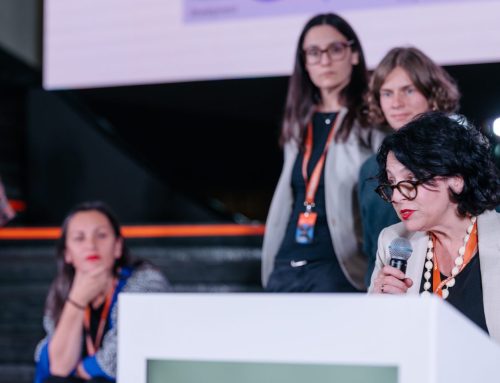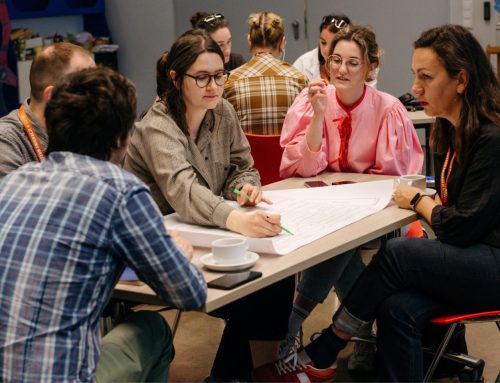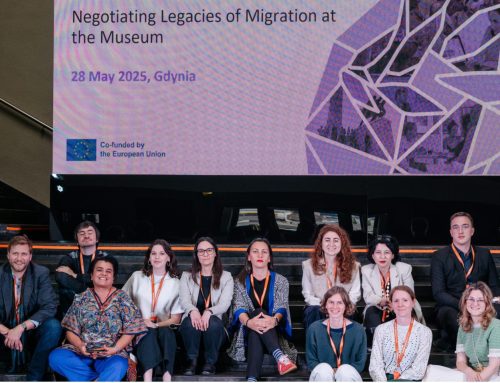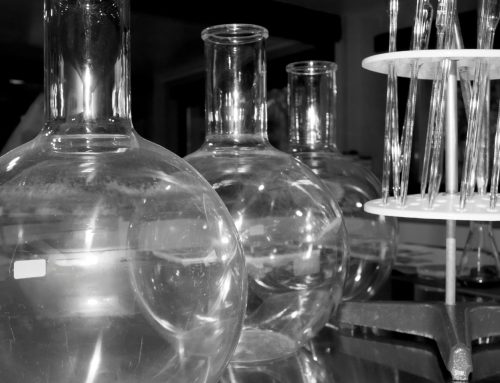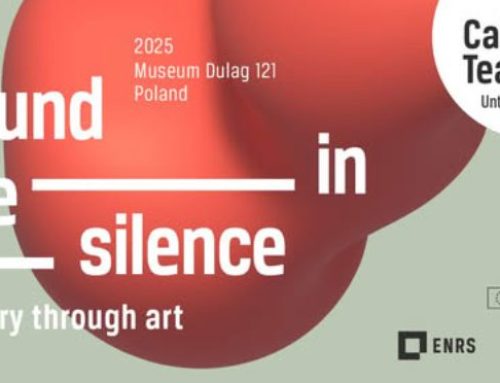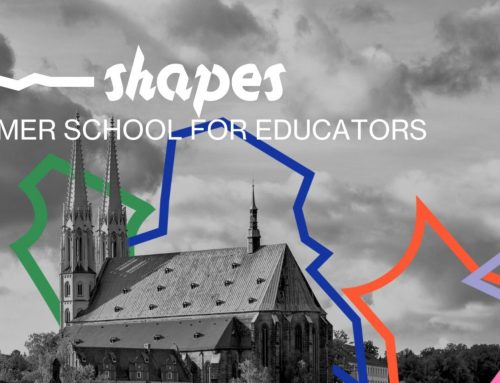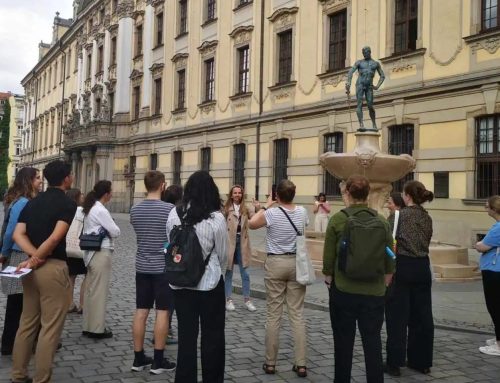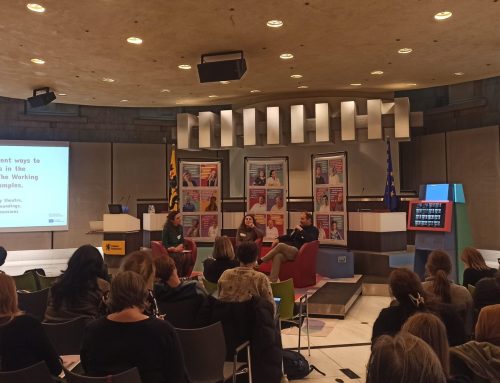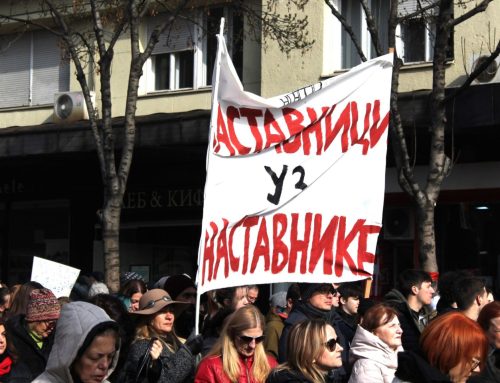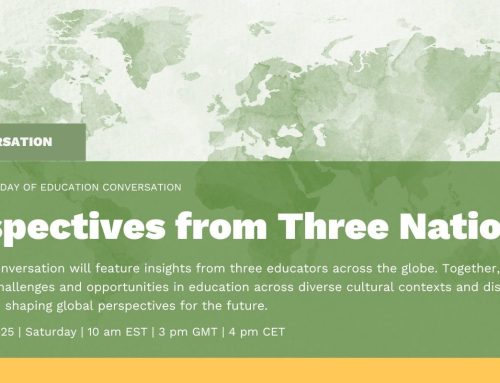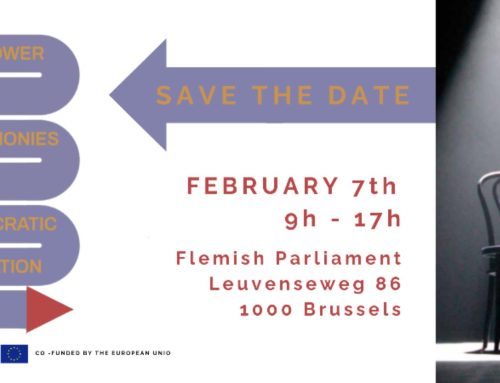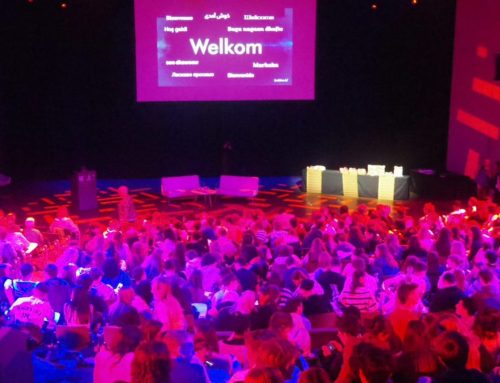On 2nd of May 2016, EuroClio Founder and Special Advisor Joke van der Leeuw-Roord and EuroClio Director Jonathan Even-Zohar were invited to participate on panels at the conference “A Europe of Diasporas”, which took place at the European Parliament and was co-organised by AGBU Europe (representing the Armenian Diaspora in Europe), European Union of Jewish Students and Phiren Amenca (representing the Roma community in Europe). Firstly, EuroClio was represented at a panel “A New, Inclusive, Narrative for Europe?” which addressed the effects of the near absence of diasporas in the narratives that shape people’s understanding in the media, history teaching, the entertainment industry and public discourse. The full programme is available online and the community has also established a Facebook Group.
At the panel, Mr Even Zohar argued the importance of collaboration amongst different communities with history teachers on the local level, rather than the more prevalent focus on trying to obtain curriculum content directives on the European and national level. Secondly, Joke van der Leeuw-Roord, in her position of Secretary-General of the Lifelong Learning Platform, present the importance of lifelong learning and invited the diaspora platforms to adhere to the manifesto of LLP and explore joining it. The overall discussion – rooted in Charter for a Europe of Diasporas – the went in many directions, as there seemed to be some confusion what we actually mean with diversity in Europe. Interesting questions were raised, including: “Are European diasporas somehow more European than communities which arrived in migrations in the 20th century?” explored one representative of the African Diaspora in Europe. Joke van der Leeuw-Roord also raised the question on the usefulness of over-categorising people. “We need an inclusive society which offers space for diversity and understanding diversity, but maybe here we are getting into too much differentiation between migrants, newcomers, refugees, diasporas, minorities, national minorities, etc.” Moreover, many of the discussions revolved around the issues of historical justice and recognition for genocides.
Finally, a touching photo exhibition was presented which illuminates life in various diaspora communities through the lens of members of the communities.
EuroClio is very interested to explore further work on history education resources on the history of different communities in Europe, including the Diasporas involved in the project and will explore partnerships and funding for realise such materials. If you have ideas or are interested to contribute, please contact Jonathan Even Zohar.

